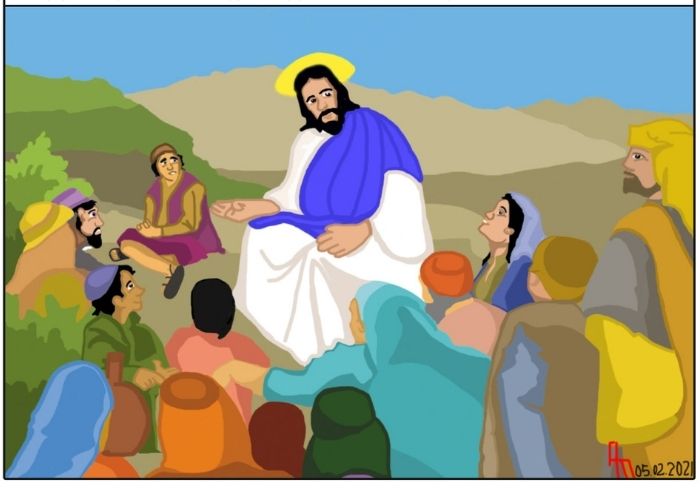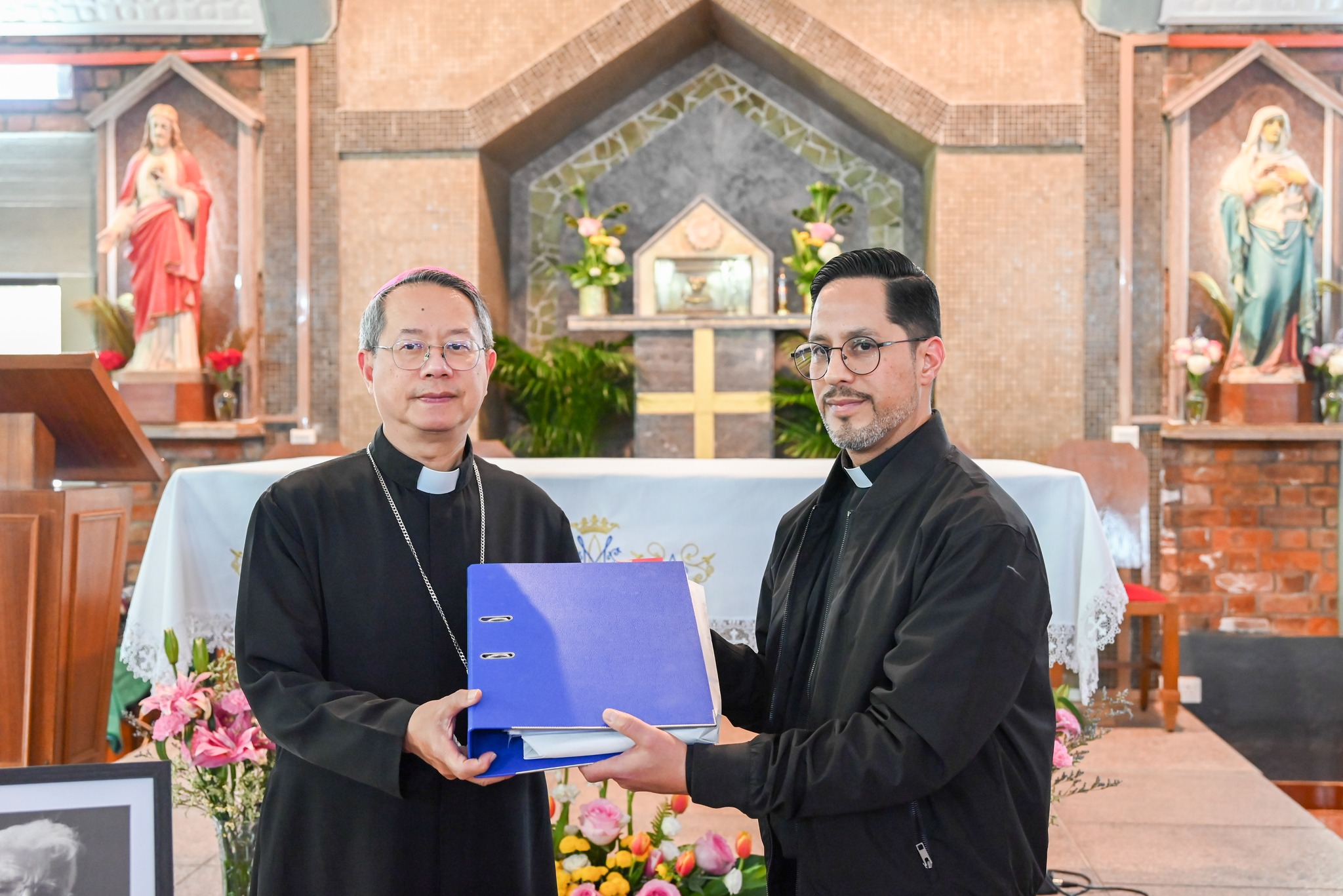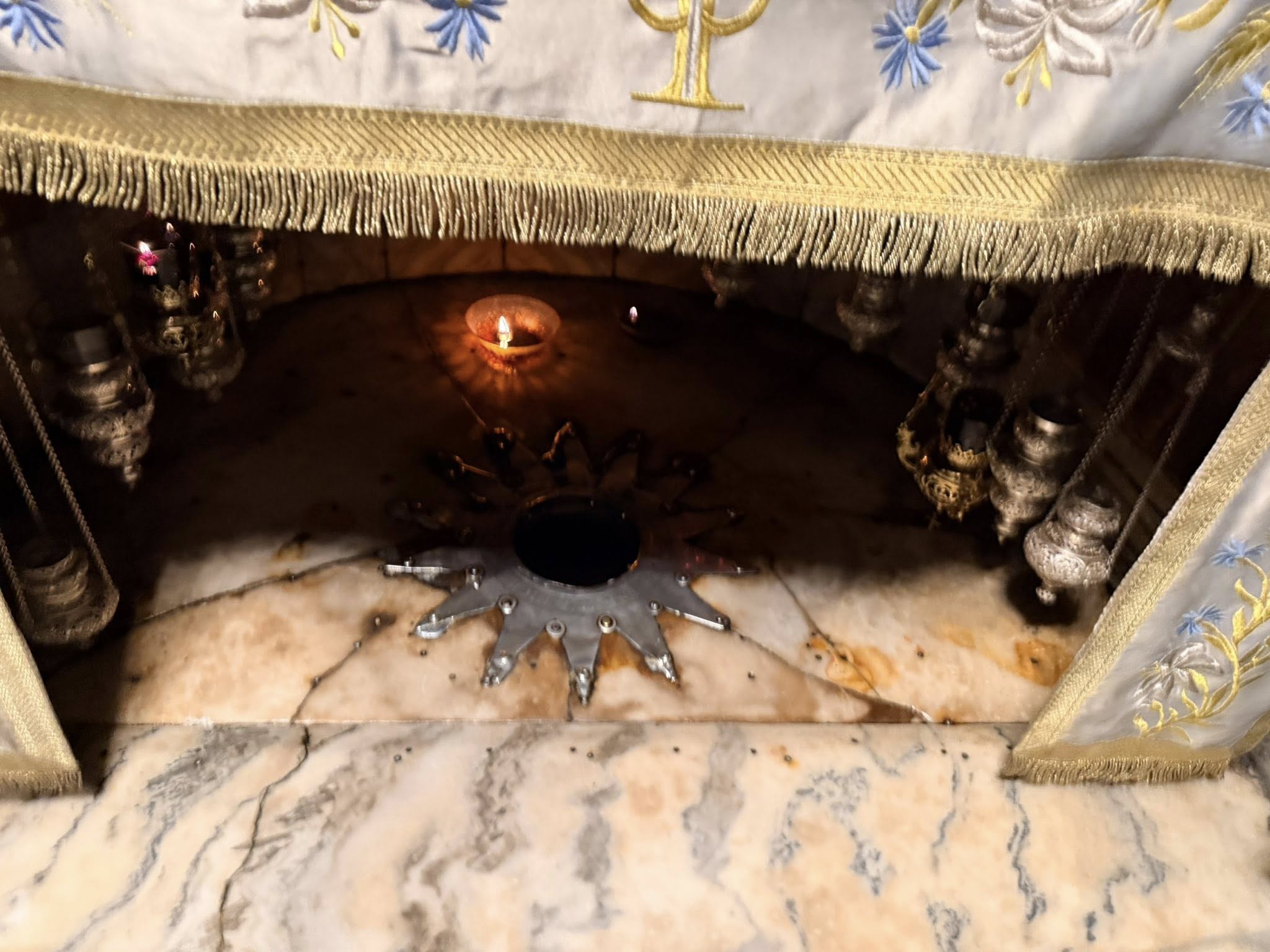9 May 2021 – 6th Sunday of Easter- Year B
Jn. 15: 9-17
Fr. Jijo Kandamkulathy CMF
Claretian Publications, Macau
The letter of Saint John we read today is a commentary to the gospel, in which he explains love is of God and makes a crescendo in that sequence to tell that God is love.
Saint Paul tries to explain what love does and it does not do in Corinthians 1:13. Because of the complexity of this emotion, many states of mind get passed as love. The spectrum swings from plain aesthetics to a sacrificial death. All these are sparks of the love of God. However, growing into the maturity of divine love invites us to go through a process of apprenticing in the values of Christ. Love in its purest form is God.
Let us try to sequence the spectrum of love that Jesus speaks about.
Instinctual love
This is the love that a mother shows to its offspring. Even animals are able to do this. Sometimes the animals show this instinct stronger than humans. Jesus expresses this connectedness with the connection of the hen with her chicks (Matt. 23: 37).
Social Love: Love those who love you
This is a love by affinity. You have a special preference to people of the same place, members of the same family, between brothers and sisters, with spouses and the like. Listen to what Jesus speaks of this love. What good is it, if you love only those who love you…..even sinners do this (Lk. 6: 32)
Higher love: Do not hate those who hate you
If you know that someone has a grievance against you, leave your offering, get reconciled first. (Matt. 5:23-24)
Still higher love: Forgive those who hurt you
Love your enemies. Forgive those who persecute you (Matt. 5: 43)
Highest human love: Die for your friends
The greatest human love: give your life to save your friends (Jn. 15: 13)
Divine love
Sinners as we were, he gave his life (Rom. 5: 8). This becomes divine love not because only God can do it, but that our process of living in Christ begins when we are able to do it.
When the disciples are able to love like Jesus, he calls them his friends and not slaves. The usage of slave causing not a little discomfort to read in this context. We understand that usage of slaves only when we read closely the words of the elder brother in the parable of the prodigal son. The elder brother tells: “Look! All these years I’ve been slaving for you and never disobeyed your orders” (Lk. 15: 29). The feeling of the elder son, the representative of Pharisaism and the Old Covenant, for obeying his father’s commandments is that of a slave. Whereas those who obey the commandment of Jesus is that of a friend. The change that happens to the community of the followers of Jesus is that of a movement from slavery to the laws to the freedom of love.
The gospel passage is also the conclusion on the allegory of the vine and branches and Jesus concludes it by saying to bear fruits that will last. Jesus is alluding to the possibility or experience of fruits that are temporary or people who make conversions that are very emotional and fleeting, and later fail to sustain it. A conversion becomes permanent only if it is coincided with an ideological and spiritual ascent to practice of divine love.


 Follow
Follow


